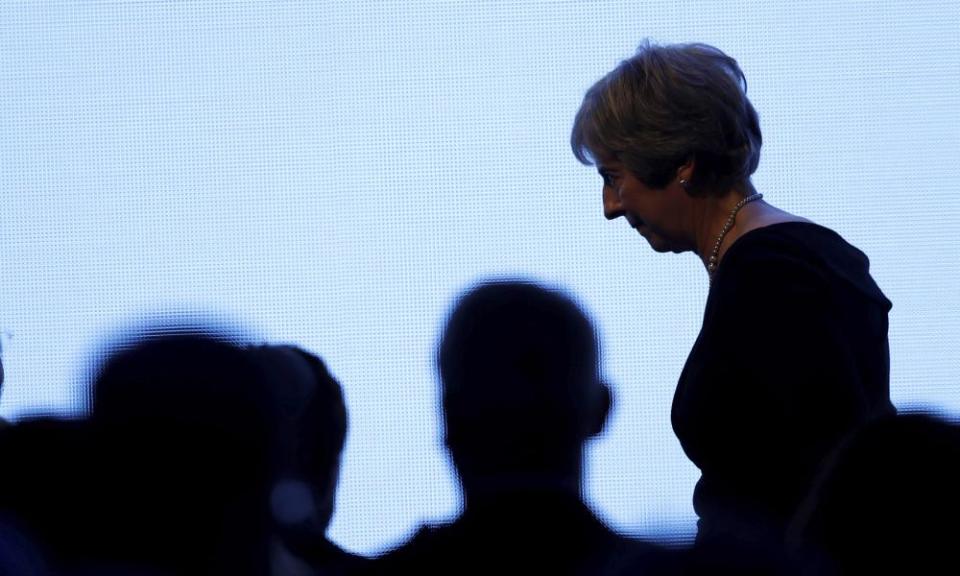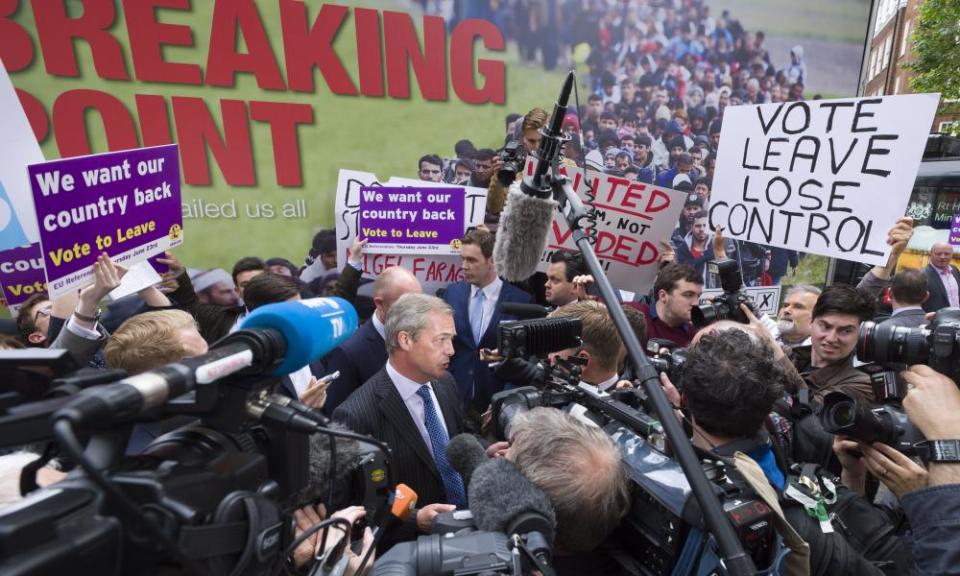The part of Brexit everyone’s been avoiding is finally here: immigration

Brexit was never really about immigration.
Or so liberal leavers fall over themselves to claim, at least. They can’t bear the idea of being associated with a racist backlash and so they insist it was really all about sovereignty; that all those inflammatory posters of dark-skinned migrants queuing at European borders and the cynical scaremongering about Turkey didn’t really have any bearing on the result, and that all they really wanted was just a fairer and more open system in which people could come to Britain more easily from Commonwealth countries.
Even Nigel Farage sounded as if butter wouldn’t melt in his mouth on the radio this morning, insisting all he ever wanted was control of our borders and equal opportunities for Indians to come here just as Romanians once did.
So it will be interesting to see what happens now the migration advisory committee has taken leavers at their word. Its long-awaited report on immigration after Brexit concludes, as expected, that once we leave the EU free movement should end, although it notes drily that that may leave us in the position of scrapping it “just as public concern falls about the migration flows that result from it”, and that both the benefits and the supposed negative impacts of it have been over-egged.
You can’t help wondering where its chart coolly summing up the facts – no evidence that EU migration has reduced wages or job opportunities for Britons on average, although some possible impact on the young and lower-skilled; some evidence that migration has pushed up house prices but also confirmation that migrants pay more in taxes than they take in benefits – was during the hysteria of the referendum debate.

But what’s done is done, so the committee recommends a Canadian-style system favouring higher-skilled workers over lower-skilled ones, focusing on what individuals contribute to the country rather than where they come from. It doesn’t put numbers on the table, or answer the potentially explosive question of whether Theresa May will now ditch her mythical and so far entirely unachievable target of reducing net immigration below 100,000.
But in suggesting that Britain could use work visas essentially as a bribe in trade talks, offering preferential access to countries prepared to strike free-trade deals with us, it certainly doesn’t suggest the goal is to keep numbers down at all costs. The question is whether that’s quite what angry voters who responded to Leave EU’s ugly rhetoric really had in mind, or whether this divides the leave movement between those for whom it genuinely wasn’t about keeping foreigners out and those for whom, to be blunt, it was.
Immigration has been oddly sidelined as an issue so far in the Brexit negotiations, partly because the EU didn’t make it an early priority for talks and partly because it suited much of Westminster to keep it that way. Downing Street is caught between two awkwardly irreconcilable opposites – the desire of many leave voters to pull up the drawbridge, versus employers’ fears that doing so will decimate the economy – and has been more than content to put the whole thing off for a bit.
Immigration has been a profoundly touchy issue for the prime minister personally ever since the “hostile environment” she herself created as home secretary returned to haunt her in the shape of the Windrush scandal. And Labour was no more eager for a showdown with voters in some of its heartlands who don’t see eye to eye with Jeremy Corbyn’s liberal views on immigration.
But like every other impossible question thrown up about Brexit, it can’t be dodged for ever. If nothing else, today brings us one step closer to the moment when everyone has to show their hand.
• Gaby Hinsliff is a Guardian columnist

 Yahoo News
Yahoo News 